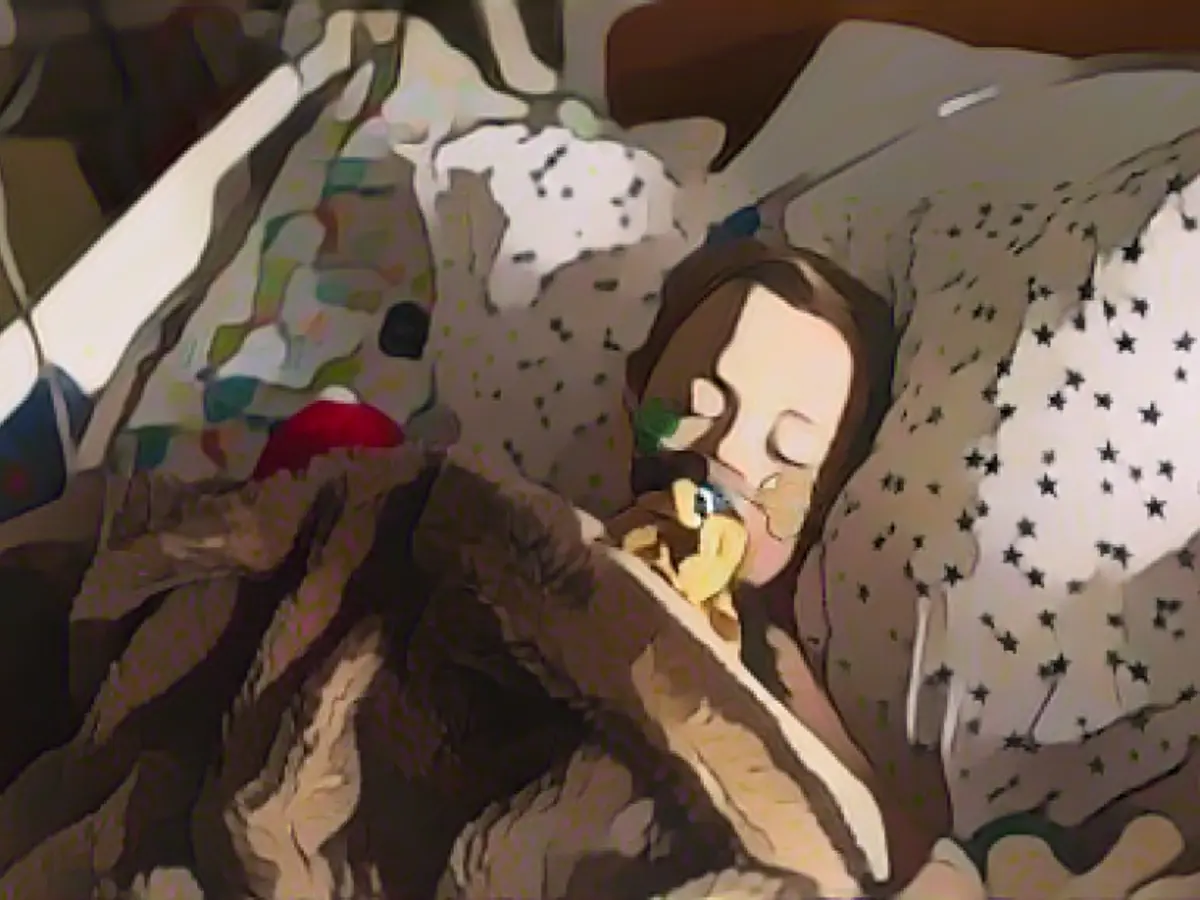Prepare for the Looming Respiratory Wave in Germany
While Germany managed to survive the initial storm, it's time to buckle up for the bigger waves heading our way. According to the expert analysis from the Robert Koch Institute (RKI), we're now grappling with an imminent wave of Respiratory Syncytial Virus (RSV) infections.
Going back all the way to November 20, RKI traced the surge in RSV cases from a mere 4 to an alarming 17 in just one week. Their recent report on acute respiratory diseases warns us of the potential severity of this virus, particularly in young children. This age group often experiences tough battles with RSV, often requiring hospital treatments.
Let's rewind to the winter of 2022/23, when emergency doctors used the term "catastrophic" to describe the intense RSV wave. During that period, the rate of RSV infections in infants soared five times higher than during a similar interval in 2018. A staggering 17,000 newborns had to be hospitalized due to RSV-related pneumonia.
While RSV cases are on the rise, coronavirus and rhinovirus infections are also prevalent. However, there's no sign of a flu epidemic just yet.
The Common Hallmarks of RSV in Children
The symptoms of an RSV infection in children commonly show up as:
- Runny nose
- Dry cough
- Sore throat
- Appetite loss
- Raised temperature
As there's no specific medicine for the virus, treatment primarily revolves around managing the symptoms. It's essentially a waiting game as the infection typically runs its course for 3 to 12 days.
A Reminder for Parents
Strict vigilance is essential during this season due to the increased risk of RSV infections among children. While there's an increase in RSV, coronavirus, and rhinovirus infections, there's no sign of a flu epidemic yet. As an advisor, I urge everyone to take necessary precautions to shield children, such as regular handwashing and maintaining good indoor ventilation.
Additional Insights
RSV, coronavirus, and rhinovirus are common respiratory ailments that primarily affect children, especially during winter periods. While vaccines are available for high-risk infants, like those born prematurely or with underlying health conditions, general precautions for all respiratory infections include frequent handwashing, avoiding close contact with sick individuals, environmental cleaning, and vaccinations against influenza.
For more in-depth and real-time guidelines on precautions and suggestions for RSV, coronavirus, and rhinovirus infections in children in Germany, consult the Robert Koch Institute (RKI) directly or check out their official website.
[1] Transmission: RSV spreads through close contact with an infected person or contaminated surfaces. [2] Prevention: Frequent handwashing, excluding ill individuals, environmental cleaning, and vaccination for high-risk infants. [3] Coronavirus (including COVID-19): - MDMs: Mask-wearing, distancing, and testing when symptoms occur - Vaccination: Encourage COVID-19 vaccination for children aged 5 and above, with booster shots recommended for those aged 12 and above. [4] Rhinovirus: - Prevention: Emphasize good hygiene practices, avoiding close contact when symptoms are present, and over-the-counter treatments for symptom relief. [5] Specific Guidelines from RKI: - For the most current and detailed information, consult the RKI website or its latest publications.








